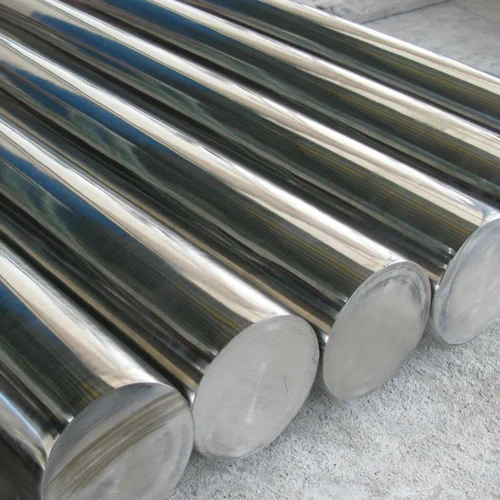
15 Feb Forging a Sustainable Future: Challenges and Solutions for 440C Round Bars
Introduction:
In the ever-evolving landscape of industrial manufacturing, the pursuit of sustainability has become a paramount concern. For industries like metallurgy, where the production of high-performance materials is essential, finding sustainable alternatives poses unique challenges. This blog will delve into the challenges associated with making 440C round bars more sustainable and explore potential solutions for a greener future.
Material Sourcing:
One of the primary challenges in making 440C round bars sustainable is the extraction of raw materials. Traditional methods often involve mining practices that can be environmentally harmful. To address this challenge, manufacturers can explore alternative sources of chromium, carbon, and other alloying elements, opting for recycled materials or more eco-friendly extraction methods.
Energy Consumption:
The energy-intensive nature of metallurgical processes poses a significant obstacle to sustainability. Modernizing production facilities and incorporating renewable energy sources such as solar or wind power can mitigate the environmental impact. Improved energy efficiency in manufacturing processes can also contribute to reducing the carbon footprint of 440C round bar production.
Waste Management:
The production of alloy steel typically generates significant amounts of waste. Establishing effective waste management systems, including recycling and reusing by-products, can minimize the environmental impact. Implementing circular economy principles in the manufacturing process ensures that materials are used efficiently and waste is minimized.
Water Usage:
Metallurgical processes often require substantial water usage, presenting a challenge in water-scarce regions. Implementing water conservation measures and adopting closed-loop water systems can significantly reduce the environmental impact. Innovative water treatment technologies can also help in ensuring responsible water management.
Life Cycle Assessment:
Understanding the environmental impact of 440C round bars throughout their life cycle is crucial for developing sustainable practices. Conducting a thorough life cycle assessment allows manufacturers to identify hotspots of environmental impact and implement targeted improvements in the production, use, and end-of-life phases of the material.
Research and Development:
Investing in research and development is essential for finding sustainable alternatives without compromising the performance of 440C round bars. Exploring new alloys, manufacturing processes, and technologies that minimize environmental impact can pave the way for a more sustainable future in metallurgy.
Conclusion:
The path to making 440C round bars more sustainable is complex but not insurmountable. By addressing challenges in material sourcing, energy consumption, waste management, water usage, and conducting thorough life cycle assessments, the metallurgical industry can contribute to a greener and more sustainable future. Embracing innovation and committing to environmentally conscious practices will not only benefit the planet but also ensure the long-term viability of high-performance materials like 440C round bars in a responsible manner.






No Comments